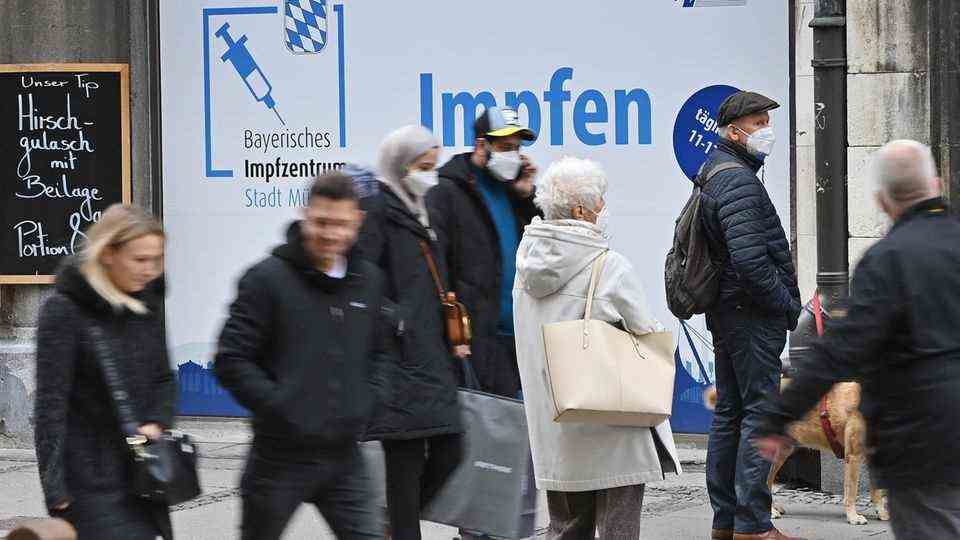Precaution
RKI recommends tests before visiting grandma and grandpa – for both unvaccinated and vaccinated people
The RKI advises anyone who is currently meeting with people should do a corona test regardless of their vaccination status.
© PIKSEL / Getty Images
The corona numbers are so high that experts are calling again to reduce contacts with others. Necessary meetings should be secured with corona tests – regardless of the vaccination status.
“The situation is drastic”, an absolute “emergency” – said the Executive Chancellor Angela Merkel at the Bund-Länder-Round on Thursday. Because the number of infections is high and continues to rise. At the same time, however, the vaccination gap is still too large. Therefore, the Robert Koch Institute (RKI) calls on vaccinated and unvaccinated people to reduce all unnecessary contacts again. In particular, before necessary meetings with people who are particularly at risk of Corona, the RKI recommends testing regardless of their vaccination status. That comes from the weekly report of the institute from Thursday.
It also advises “urgently to cancel or avoid larger events and close contact situations such as dance events and clubs”. The RKI continues to classify the current development as “very worrying”. It is to be feared that the available intensive care treatment capacities will be exceeded. “This also applies to intensive care treatment capacities for serious illnesses from other causes.”
Stay at home if you have symptoms
In the case of respiratory illnesses such as runny nose, sore throat or cough, all people are still “strongly recommended” to stay at home, but also to contact a family doctor and have a PCR test done there. The RKI assesses the risk to the health of people who have not been vaccinated or who have only been vaccinated once “overall as very high”. For those who are fully vaccinated, it is assumed to be “moderate, but increasing due to the increasing number of infections”.
The number of infections in seven days per 100,000 population has again increased significantly in all age groups. The 10 to 14 year olds had the highest value in the past week with 718 new infections reported. A week earlier there were 416. This was followed by the 5- to 9-year-olds with 625 (previous week 350) and the 15- to 19-year-olds with 467 (previous week 305). Tests are particularly frequent in schools.

Hospitals fill up
In all age groups, the risk of hospitalization because of Covid-19 is several times higher for unvaccinated people than for vaccinated people, as the RKI shows in a graphic. Nevertheless, the estimated vaccination effectiveness decreases, among other things, with increasing time after the injection. The effectiveness against symptomatic Covid disease for the past four weeks in the age group 18 to 59 years was around 70 percent and in people aged 60 and over who had been vaccinated first, around 67 percent. With a view to going to a clinic, an intensive care unit or even dying, the effectiveness was much higher.
The institute assumes a considerable delay in reporting the hospital admissions and estimates the actual numbers to be significantly higher than those reported in each case. Nevertheless, the daily published number of hospitalizations per 100,000 people per week is important, which was 5.3 on Thursday.
The number of children from 0 to 14 years with other respiratory diseases has increased significantly compared to the previous week and is significantly higher than in the previous seasons at the same time. Doctors assume that many children have not yet come into contact with certain pathogens due to the closings of daycare centers and other corona measures in the past winter and spring and that the immune system is therefore not prepared for them.


